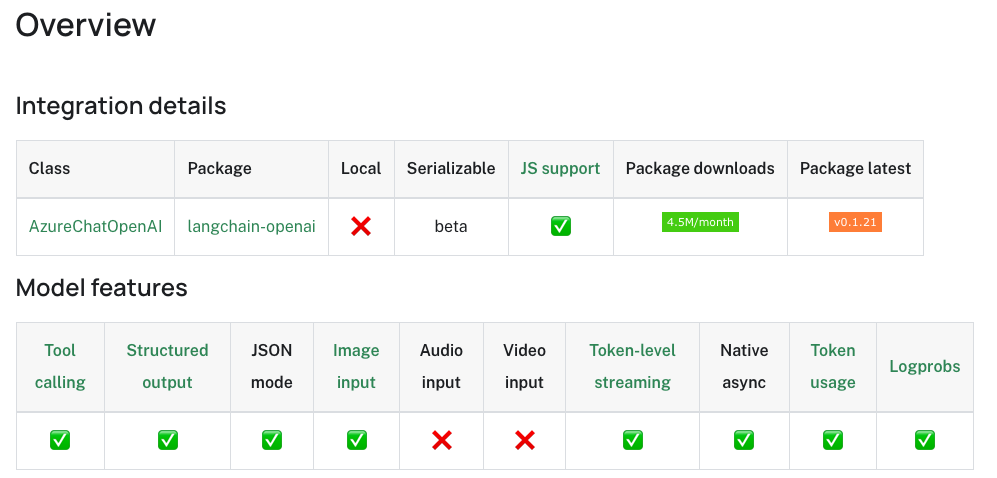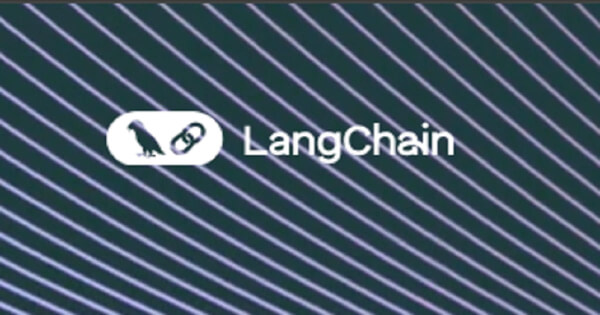Ted Hisokawa
16 Aug 2024 15:49
LangChain has revamped the unified documentation with a standardized format and improved API references to speed up information retrieval.
A big part of the LangChain ecosystem is its extensive collection of integrations. LangChain offers over 1,000 integrations for LLMs, vector stores, tools, document loaders, and more. According to the LangChain blog, today the LangChain team announced a major overhaul of their integrations in both Python and JavaScript, making them more useful and accessible to the community.
Standardized content for all integrated pages
Over the past year and a half, the LangChain community has contributed over 1,000 open source integrations, including chat models, vector stores, tools, and retrievers. As the number of integrations grows and best practices evolve, many of the documentation pages become outdated.
The main integrations now follow a standardized template that highlights common features in each category (e.g., models, vector stores, retrievers). For example, the Chat model page starts with a table showing whether the integration supports features like tool calls and multimodal input, followed by installation and basic call examples.
The goal of this revamped integration page is to help developers quickly understand what the integration can do and how to use it.

While this page still contains some advanced integration examples, we’ve placed greater emphasis on links to how-to guides and API references to keep the content up-to-date and avoid repetition.
New index page for streamlined searching
To help developers find the integration they need, LangChain has streamlined the index page for each type of integration. Combined with a smaller sidebar, this index page now includes a table similar to the table on the individual integration pages, allowing you to quickly identify the integration that has the functionality you want.
This “features” table is currently sorted by a combination of factors, including usage in LangSmith tracking and package downloads. LangChain plans to explore more ways to highlight and characterize promising integrations in the future.
Improved API Reference
The new documentation pages prominently feature improved API references for Python and JavaScript.
For Python, more explanation and usage examples have been added to the docstring. The structure and format have been updated to be more modern and user-friendly, and a navigable sidebar of methods and properties for every class has been included.
For JavaScript, the API reference pages have been made less intimidating by basically collapsing the sidebar and filtering out less relevant methods and other build artifacts. The popular chat model and vector store pages have been enhanced for a wider range of use cases, and the visibility of useful runtime and constructor definitions and important methods has been improved across the board.
The goal of this ongoing work is to make the API reference independent and a valuable resource for the LangChain community.
Image source: Shutterstock

